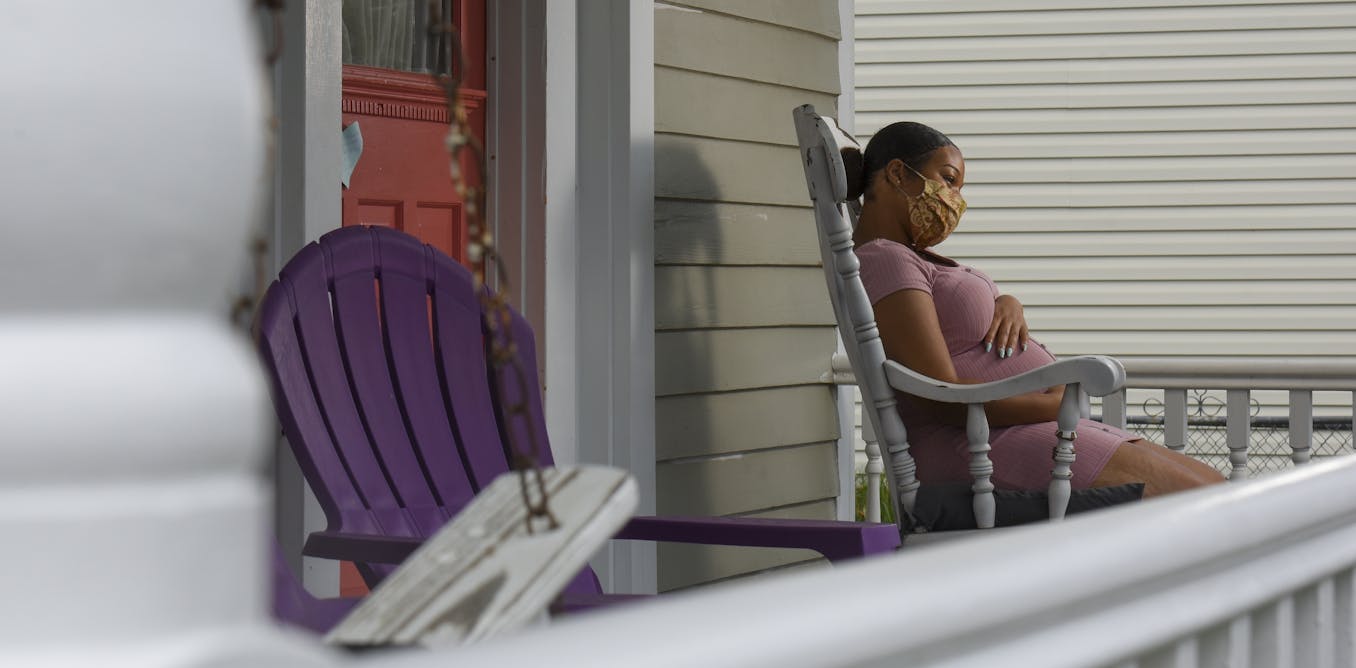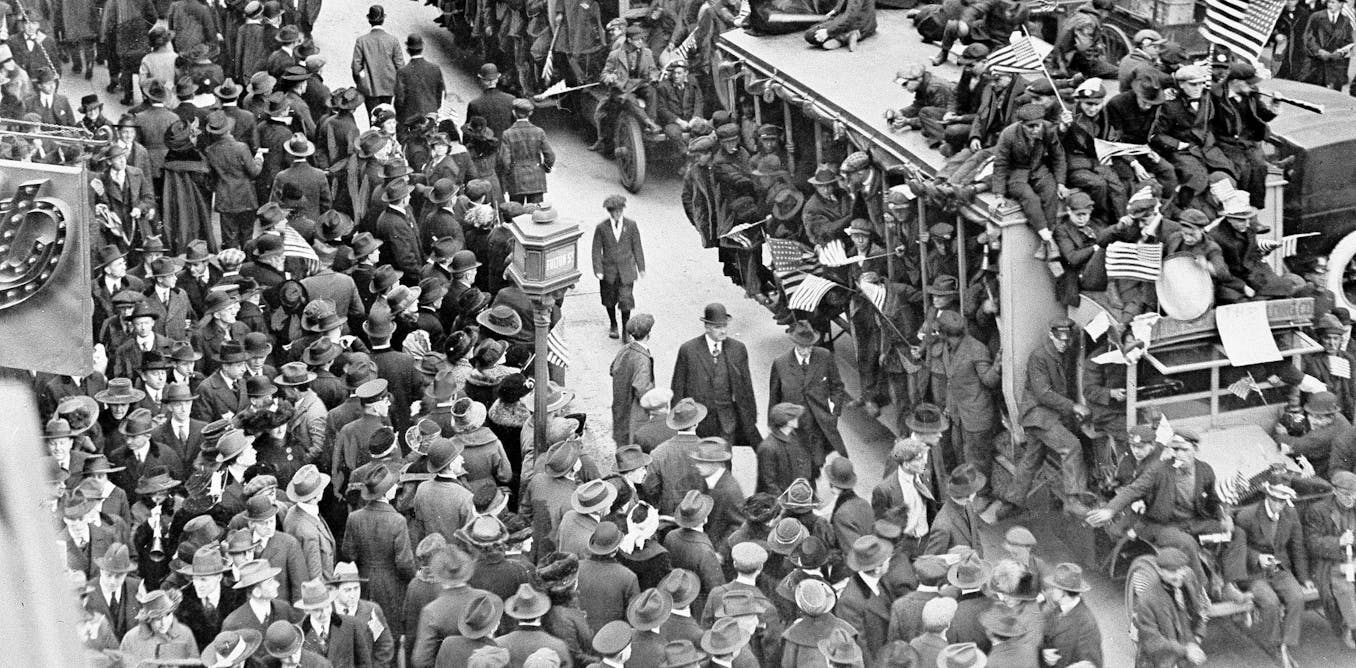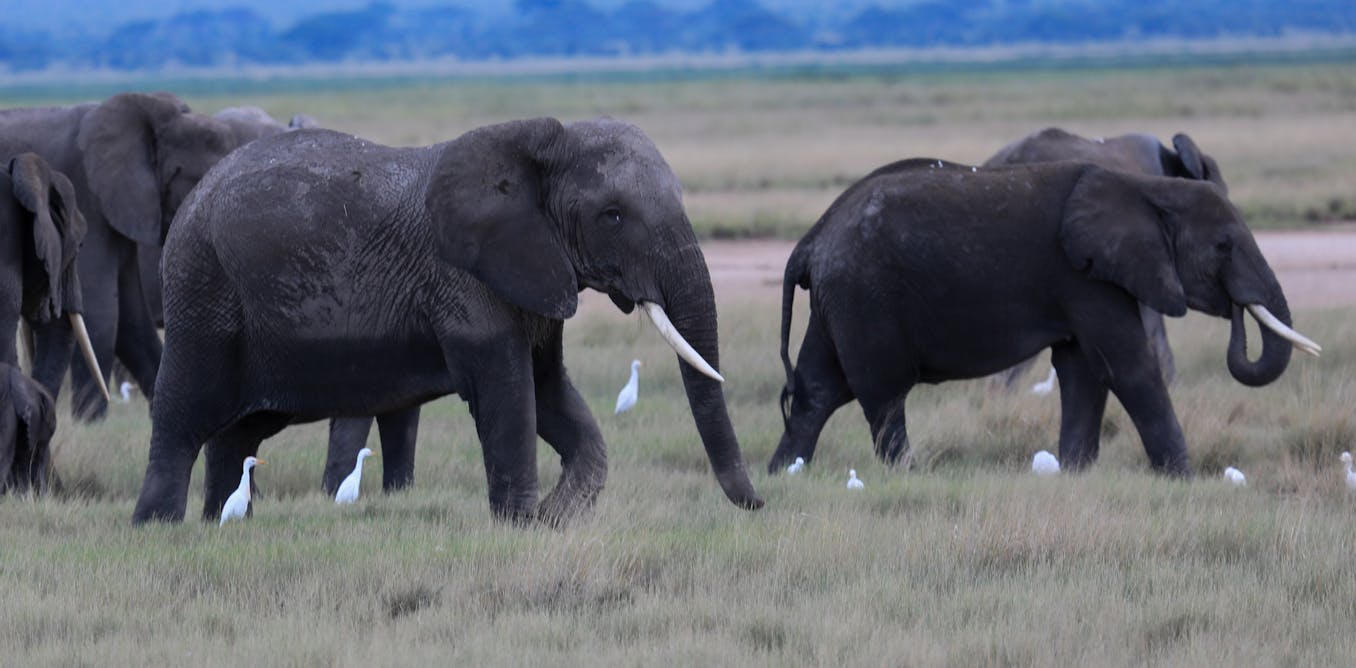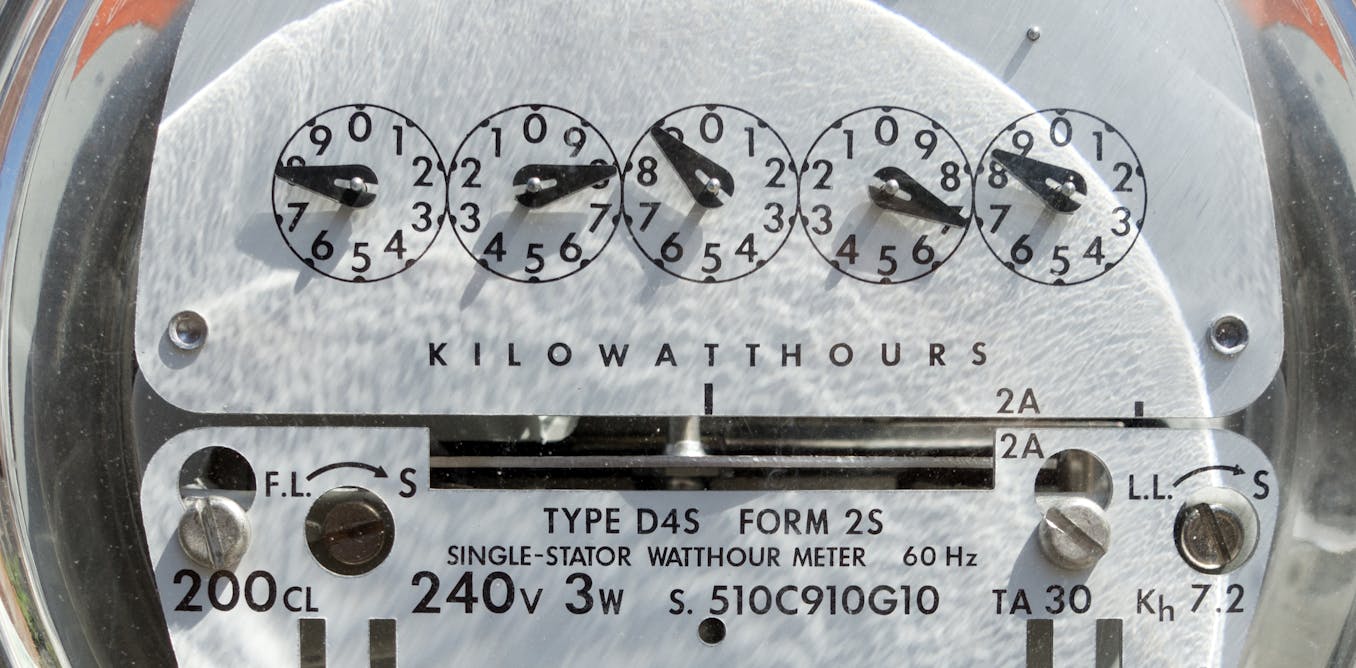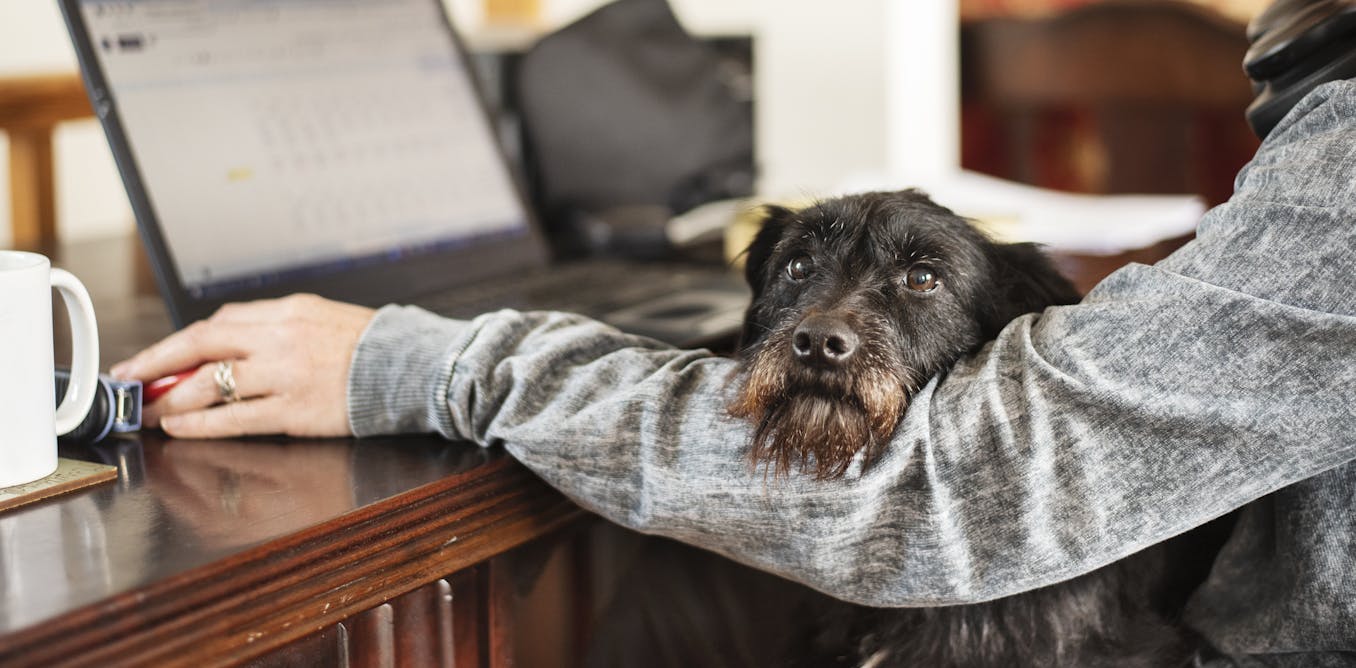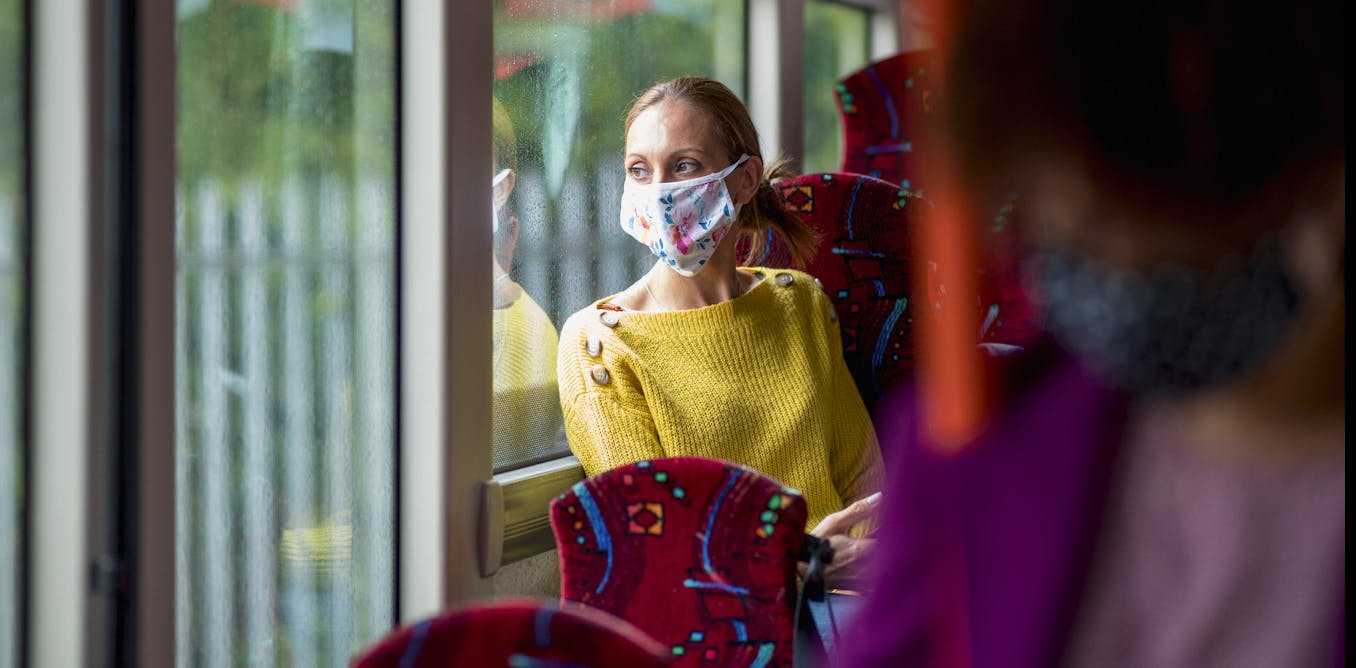Pregnancy during COVID-19 lockdown: How the pandemic has affected new mothers
Pregnant women's experiences can affect their babies' health, even into adulthood. Researchers know societywide stresses can lead to these long-term consequences – and the pandemic likely fits the bill.
May 19, 2021 • ~10 min

